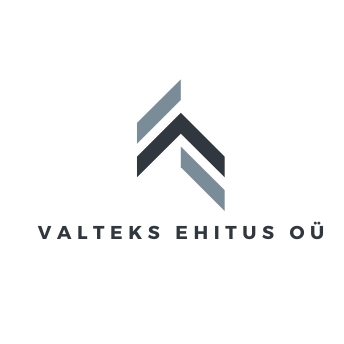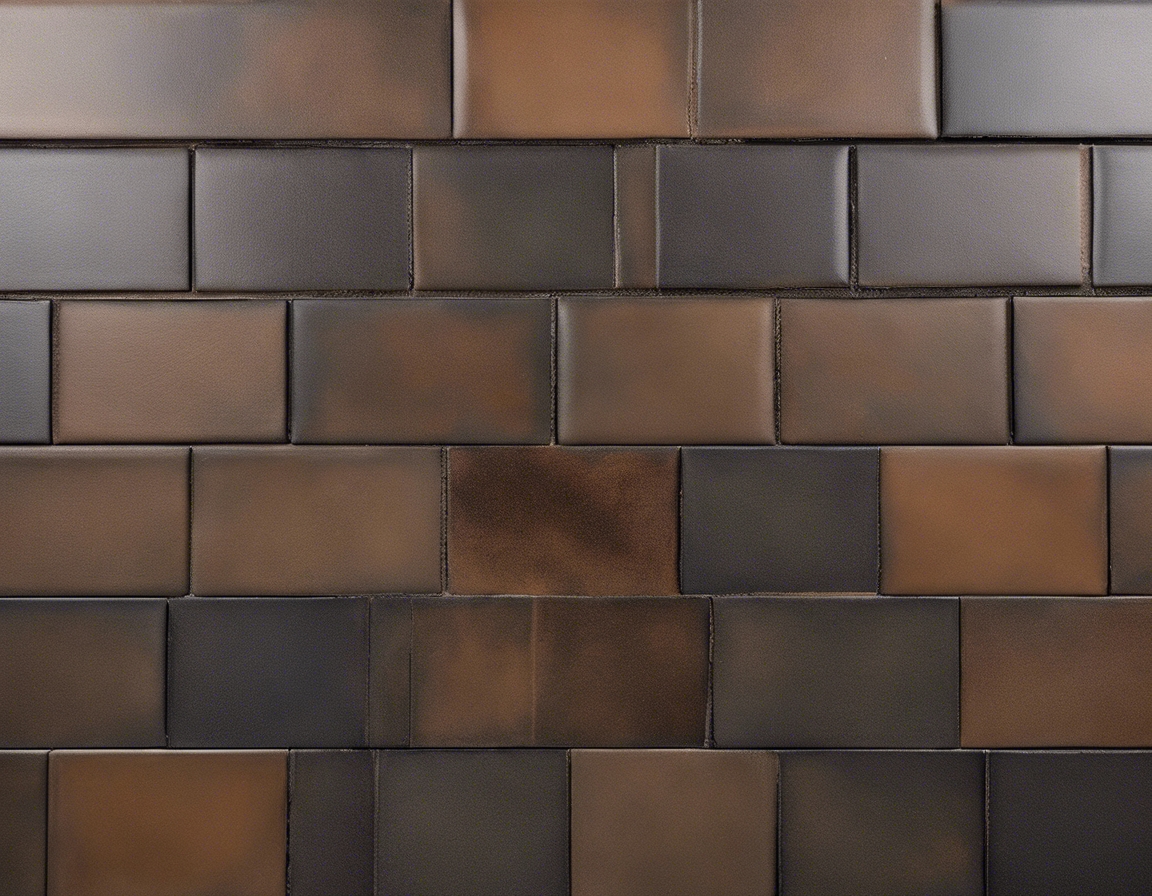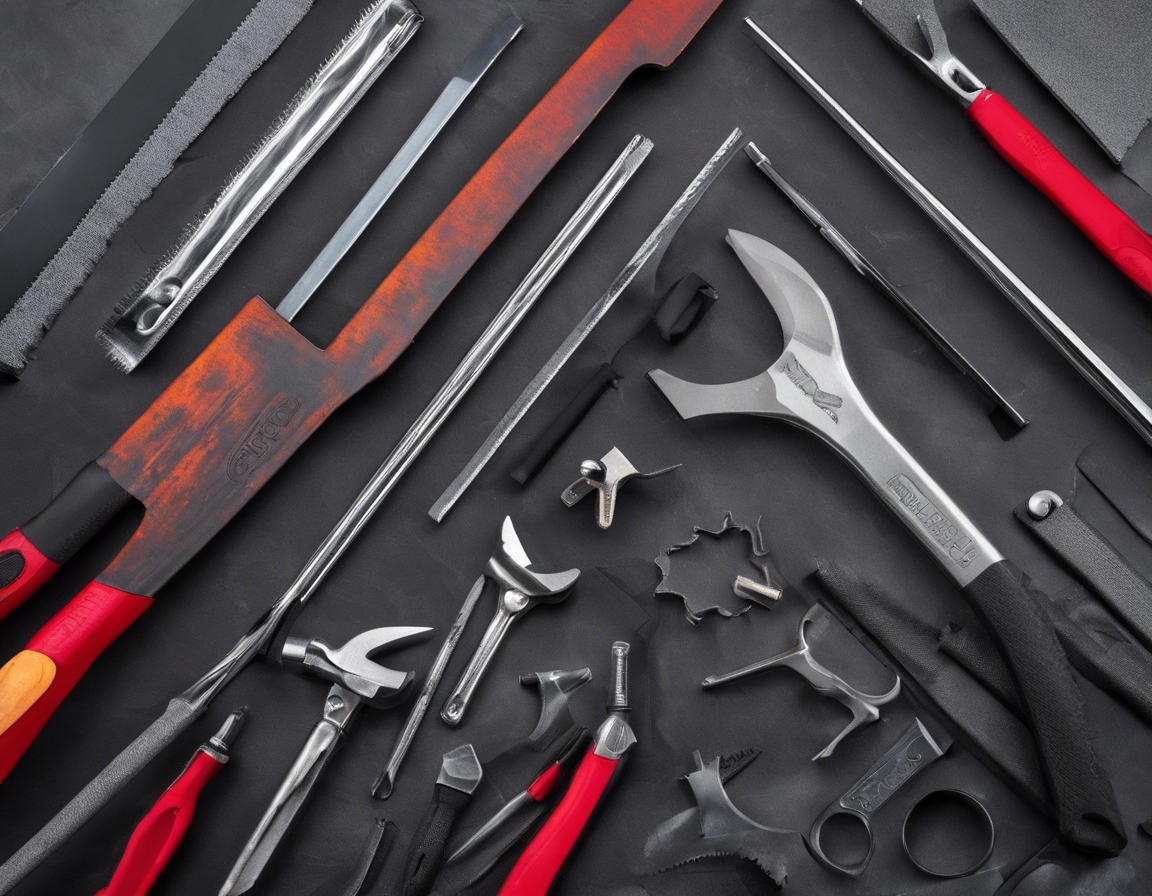Combining tradition with technology in metalwork
Metalwork is an ancient craft that has been shaping civilizations for millennia. From forging swords and armor to creating intricate jewelry and decorative items, the skill of manipulating metal has been passed down through generations of artisans. This craft requires not only physical strength and precision but also an intimate knowledge of the materials and techniques that give each piece its unique character.
Traditional metalwork is deeply rooted in cultural heritage, with each region developing its own styles and methods. These practices are not just about creating functional items but also about preserving the stories and traditions of the past. The intricate designs and patterns found in metalwork often reflect the history and identity of a community.
The Evolution of Metalwork: Embracing Technology
As technology has advanced, so has the field of metalwork. Modern techniques such as laser cutting, CNC machining, and 3D printing have revolutionized the way metal is shaped and designed. These technologies allow for greater precision and complexity in metal structures, opening up new possibilities for design and construction.
Software plays a crucial role in modern metalwork, enabling designers to visualize and plan complex structures before they are built. Computer-aided design (CAD) and computer-aided manufacturing (CAM) software have become essential tools for metalworkers, allowing for the creation of detailed blueprints and the automation of manufacturing processes.
Benefits of Integrating Technology with Traditional Metalwork
By combining traditional craftsmanship with modern technology, metalworkers can achieve a level of precision that was previously unattainable. This fusion ensures that each piece is not only aesthetically pleasing but also meets the highest standards of quality and durability.
Technology enables metalworkers to produce more in less time, without compromising the integrity of the craft. Automated processes and improved tools mean that projects can be completed faster, allowing businesses to meet the growing demand for high-quality metalwork.
Modern technology also offers solutions for making metalwork more sustainable. Techniques such as additive manufacturing reduce waste, while advancements in materials science lead to the development of more eco-friendly metals and finishes.
Challenges and Solutions in Modern Metalwork
One of the biggest challenges facing the metalwork industry is maintaining the level of craftsmanship that has defined the trade for centuries. As technology becomes more prevalent, there is a risk that the skills and knowledge of traditional metalworking may be lost. However, by integrating technology as a tool rather than a replacement, artisans can preserve their craft while embracing innovation.
To ensure the survival of traditional metalworking techniques, it is crucial to invest in training and education. This includes not only teaching the fundamentals of the craft but also providing instruction on the latest technologies and how they can be used to enhance traditional methods.
VALTEKS EHITUS OÜ: Pioneering the Fusion of Tradition and Technology
At VALTEKS EHITUS OÜ, we are committed to combining the best of traditional metalwork with the latest technological advancements. Our team of skilled craftsmen and innovators work together to create metal structures that are both beautiful and built to last. We understand the importance of maintaining the integrity of traditional metalwork while also embracing the efficiencies and possibilities that technology brings.
We offer custom metalwork solutions tailored to the needs of homeowners, real estate developers, and contractors in Tallinn and surrounding areas. Our expertise in both traditional techniques and modern technology allows us to provide unique, high-quality products that meet the specific requirements of our clients.






Comments (0)